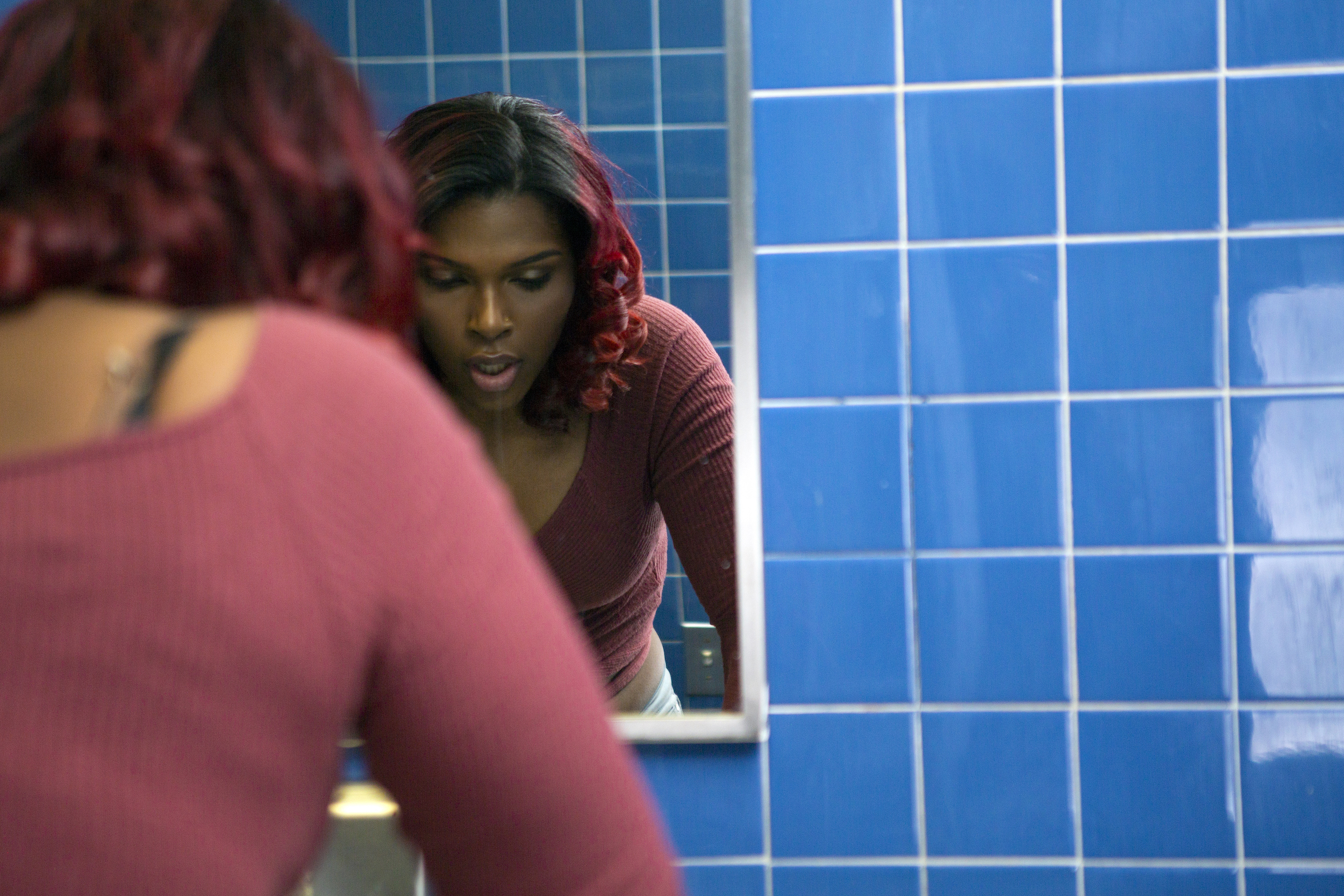The Hidden Psychological Crisis That Hurricanes Leave in Their Wake

Credit to Author: Harron Walker| Date: Mon, 16 Sep 2019 20:48:57 +0000
Hurricane Dorian’s impact on the Bahamas has been devastating to witness, but some of its longest-lasting damage will never be visible.
The Category 5 storm—which hit the northern part of the Caribbean archipelago on September 1 with winds nearing 200 mph and 25-foot floodwaters, destroying homes and leaving at least 50 people dead and about 1,300 others still missing at press time—will leave a mental health crisis in its wake, affecting survivors for years, if not decades, to come. Mental health concerns in the Bahamas are already becoming a pressing issue in some local hurricane relief efforts, the Associated Press reports.
The mental health impact of hurricanes have been known for years: “It is critical that mental health considerations become an integral part of disaster preparedness, response, and recovery,” wrote researchers Paula A. Madrid and Roy Grant about Hurricane Katrina’s impact on low-income survivors in a 2008 volume of American Psychology: Research and Practice. Still, counseling and other mental health resources continue to be deprioritized when it comes to disaster response.
Emergency response efforts thus far have focused on meeting Bahamian survivors’ most immediate needs for survival, like food, water, and medical care—though many have been critical of these efforts, particularly those led by the national government. One resident, Barry Cooper, told CBS News that he has received “nothing at all” from the Bahamian government since the storm touched down earlier this month. Many people on the islands are still living without cell phone service, power, or running water, and the United Nations estimates that approximately 70,000 people in the Bahamas are in need of food and shelter, per the BBC.
Even if basic survival needs like hunger and shelter were being met, there’s still the matter of mental health. According to the Substance Abuse and Mental Health Services Administration, hurricanes and other major disasters commonly leave survivors with post-traumatic stress disorder, or PTSD, and what’s called “disaster-related distress,” which can manifest in many ways, including overwhelming anxiety, constant worrying, trouble sleeping, yelling or fighting with loved ones, nightmares, unwanted thoughts related to the storm, and depression-like symptoms.
Hurricane Maria had a similar impact in 2017, leaving about one in 14 Puerto Rican schoolchildren exhibiting clinically significant symptoms of PTSD, per The Journal of the American Medical Association. Hurricane Katrina, which struck Florida and Louisiana in 2005, devastating New Orleans and nearby areas, left nearly half of those surveyed in a study published by the American Journal of Orthopsychiatry affected with PTSD and doubled the prevalence of their probable serious mental illness, particularly among low-income survivors who lacked health insurance and other resources needed to seek adequate care. According to a 2007 study published in Cambridge University Press, between 30 and 40 percent of people exposed to hurricanes and disasters develop PTSD, although such mental health issues might not appear for years after the incident.
Mental health counselors have begun visiting Bahamian communities affected by Dorian, at least, the AP reports, and residents are forming their own grassroots efforts to begin the process of healing. Pastor Robert Lockhart of Calvary Temple in Grand Bahama, for example, offered his pulpit up to the nearly 200 congregants at his church service on Sunday so that they might share their experiences and unpack what they’ve gone through.
“They needed to have an outlet and share these emotions,” Lockhart told the AP. “People felt like they were going to die.”
Sign up for our newsletter to get the best of VICE delivered to your inbox daily.
Follow Harron Walker on Twitter.
This article originally appeared on VICE US.